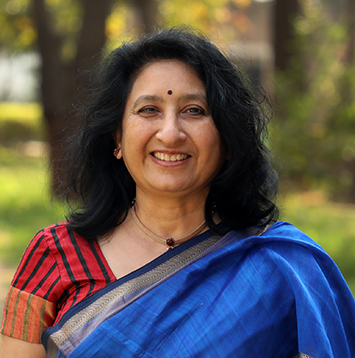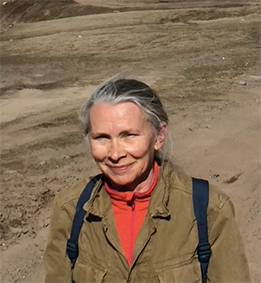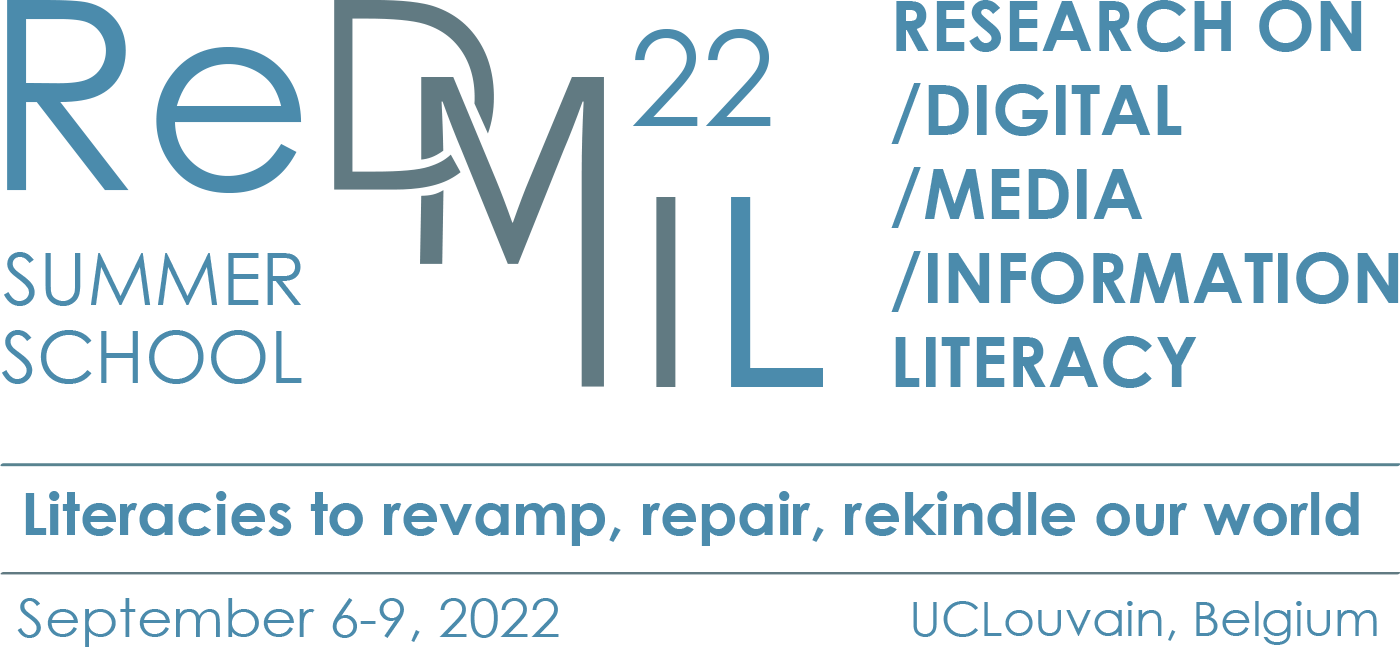
Shin Mizukoshi
Kansai University
More information : https://researchmap.jp/read0170920?lang=en
Keynote: People’s Designing Media Ecology: Toward New Theories of Media Studies and Media Literacy
I have been engaged in activities to explore historically how the social formations of artifacts called media affect people and society and to design their ways of being for the future.
This approach differs from cultural studies that analyze mediated images and messages and sociological and social psychological studies that attempt to demonstrate how they impact people. It can be positioned as design-oriented media research focusing on materials, bodies, spaces, and technologies. For me, media literacy is a “theoretical methodology” of media studies.
In this presentation, I will divide my 25 years of media literacy research into three phases and discuss what I have achieved and what I have failed to achieve in each stage.
First, about the nationwide media literacy project I launched in the 2000s (MELL Project: Media Expression, Learning, and Literacy Project). Second, the digital storytelling and participatory community archive projects (“Media Conté” & “Storyplacing”) in the 2010s. Third, the current media platforms and infrastructure literacy project is deeply connected with a robot and AI.
These three are theoretically correlated, and each project has workshop-styled practices rooted in the cultural conditions of Japan and East Asia. Through this examination, I want to propose a new theoretical framework for media literacy, “Media Biotope,” and design principles for developing learning programs “Critical Media Practice.”
Additional links:
https://infra.mediabiotope.com

Manisha Pathak-Shelat
MICA
More information : https://www.mica.ac.in/manisha-pathak-shelat
Keynote: Doing Social Media Ethnography: Negotiating Ethical and Methodological Challenges
Social media offer a rich and complex research environment for ethnographers with its own unique character. It is not either possible or desirable to apply conventional ethnographic techniques to social media environment in a straightforward manner. The presentation brings up some tricky questions and sticky issues that I have experienced during my practice of social media ethnography. These questions and issues raise mainly two kinds of concerns- ethical concerns and methodological concerns. In this presentation I focus on ethical concerns but will also touch upon some methodological concerns because they are not completely separate from each other. I examine three areas of challenges stemming from (1) the nature of social media data (2) privacy and consent online (3) vulnerability of participants and researchers. With a full acknowledgement that these concerns manifest differently in different geo-political and cultural contexts, I discuss some approaches and practices that if not resolve, soften the impact of these challenges.

Donna E. Alvermann
University of Georgia
More information : https://people.coe.uga.edu/donna-alvermann/
Keynote: Cultural Relevancy Matters: Intersection of Methods and Epistemology
The focus of this presentation challenges a conversation around historical authenticity in relation to one’s choice of research methods and epistemology when studying the cultural relevancy of digital/media/information literacies. Specifically, I argue the need for researchers to reveal their unexamined assumptions (and thus, potential biases) by questioning the historical authenticity of the very methods they propose to use. Granted, this need calls for an insider-view of how I go about strategically choosing methods that align with my dual epistemologies. Most recently, this approach has led me to examine the crossovers (as well as discontinuities) between a theory of critical media literacy and medial posthumanism (e.g., theorizing critical media literacy in a posthuman era). This intersection of methods and epistemology has significance for my work in studying the capacity of critical digital media literacy to disrupt power asymmetries in current social worlds. In structuring this presentation, I have attended to three distinct steps in applying my strategic approach: first, a visual description of my method and its related conceptual definitions; second, some cultural entanglements (voiced performatively) that I’ve experienced while searching for so-called historical authenticity; and third, snippets from my research journal that indicate a regard for participants’ perspectives.

Anne Lehmans
University of Bordeaux
More information : https://mica.u-bordeaux-montaigne.fr/lehmans-anne/
Keynote: Critical thinking education: a pragmatic approach focused on information literacy
The theme of critical thinking in education has been very popular in recent years in political and institutional discourse as well as in research, particularly around cognitive sciences which favour quantitative methods and are centered on an individual approach to learning. On the contrary, methods based on the observation and analysis of situations or actions situated in space, in time, and in the course of activities, make it possible to account for the link produced in social interaction and in experience between action, meaning, knowledge and the construction of trust around information, which may qualify culture in a pragmatic perspective. The communication will present some epistemological and axiological stakes of the critical thinking approach and will report on the methods implemented in the field to analyze it.
Keynote: Defining and analyzing media literacy competence starting with the observation of media practices: a qualitative approach
With the advent of the digital turn in society, media have permeated every aspect of our lives. Contemporary media experiences commonly blend media production, distribution and reception on a variety of platforms and devices, in a wide range of social spaces, be they public or private, domestic or professional, friendship-based or interest driven, etc. This ever-expanding array of experiences call for new forms of media literacy, and the academic discourses seeking to understand these evolutions require new efforts to conceptualize them. The proposal we develop in this talk stems from the view that new theoretical categories (or revised versions of old categories) need to be built on the fine-grained analysis of what people do with and through new media.
Our ambition is to propose a method to define new media literacy competencies based on the empirical study of new or emergent media practices. Our working hypothesis is that media literacy assessments could, and should, be grounded into qualitative analyses of media practices that adopt an interpretive perspective, integrating the actors’ understanding of their lived experience, as well as the motives and norms that orient their courses of action, into the process of theory building.
In this talk, we begin by presenting our theoretical approach to media literacy, which is rooted in the concepts of competence and competent situated action. Next, we present how we seek to address (what we consider to be) the three major challenges related to the definition of media literacy competencies based on the analysis of media practices: the delineation of media practices as an object of study, the process of inferring competencies based on the analysis of practices, and the integration of the actors’ perspective into the definition of the normative judgment of what it means to be media literate. While these challenges are primarily methodological, they also come with epistemological and axiological implications, which we also introduce in this talk.


